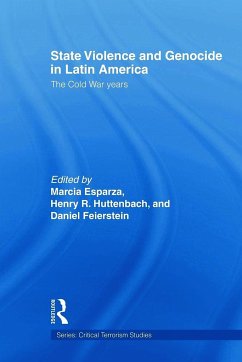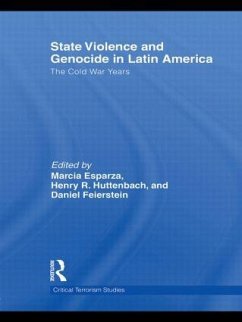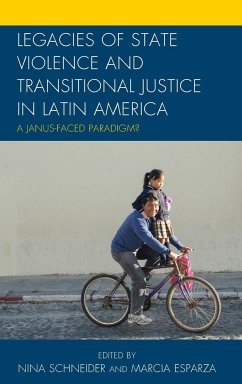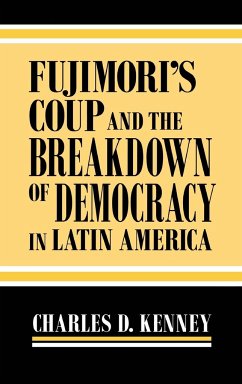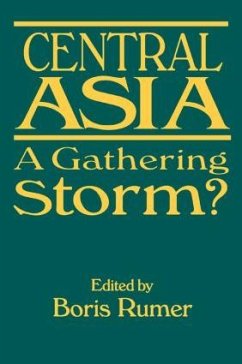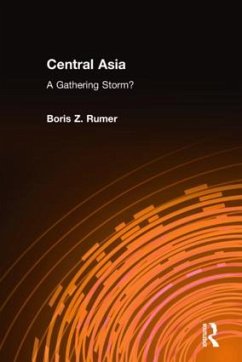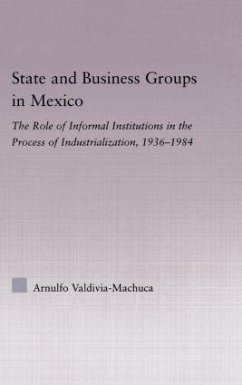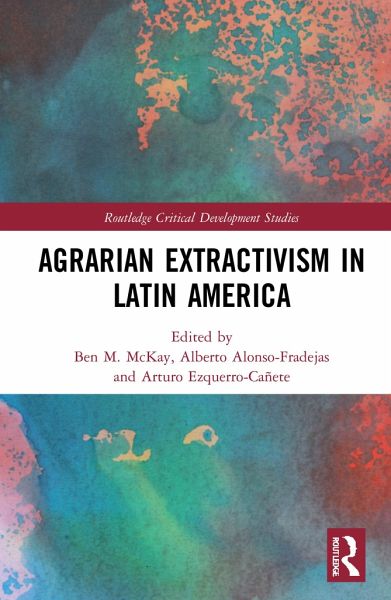
Agrarian Extractivism in Latin America
Versandkostenfrei!
Versandfertig in 1-2 Wochen
167,99 €
inkl. MwSt.
Weitere Ausgaben:

PAYBACK Punkte
84 °P sammeln!
Amid the growing calls for a turn towards sustainable agriculture, this book puts forth and discusses the concept of agrarian extractivism to help us identify and expose the predatory extractivist features of dominant agricultural development models. The concept goes beyond the more apparent features of monocultures and raw material exports to examine the inherent logic and underlying workings of a model based on the appropriation of an ever-growing range of commodified and non-commodified human and non-human nature in an extractivist fashion. Such a process erodes the autonomy of resourcedepe...
Amid the growing calls for a turn towards sustainable agriculture, this book puts forth and discusses the concept of agrarian extractivism to help us identify and expose the predatory extractivist features of dominant agricultural development models. The concept goes beyond the more apparent features of monocultures and raw material exports to examine the inherent logic and underlying workings of a model based on the appropriation of an ever-growing range of commodified and non-commodified human and non-human nature in an extractivist fashion. Such a process erodes the autonomy of resourcedependent working people, dispossesses the rural poor, exhausts and expropriates nature, and concentrates value in a few hands as a result of the unquenchable drive for profit by big business. In many instances, such extractivist dynamics are subsidized and/or directly supported by the state, while also dependent on the unpaid, productive, and reproductive labour of women, children, and elders, exacerbating unequal class, gender, and generational relations. Rather than a one-size-fits-all definition of agrarian extractivism, this collection points to the diversity of extractivist features of corporate-led, external-input-dependent plantation agriculture across distinct socio-ecological formations in Latin America. This timely challenge to the destructive dominant models of agricultural development will interest scholars, activists, researchers, and students from across the fields of critical development studies, rural studies, environmental and sustainability studies, and Latin American studies, among others.





